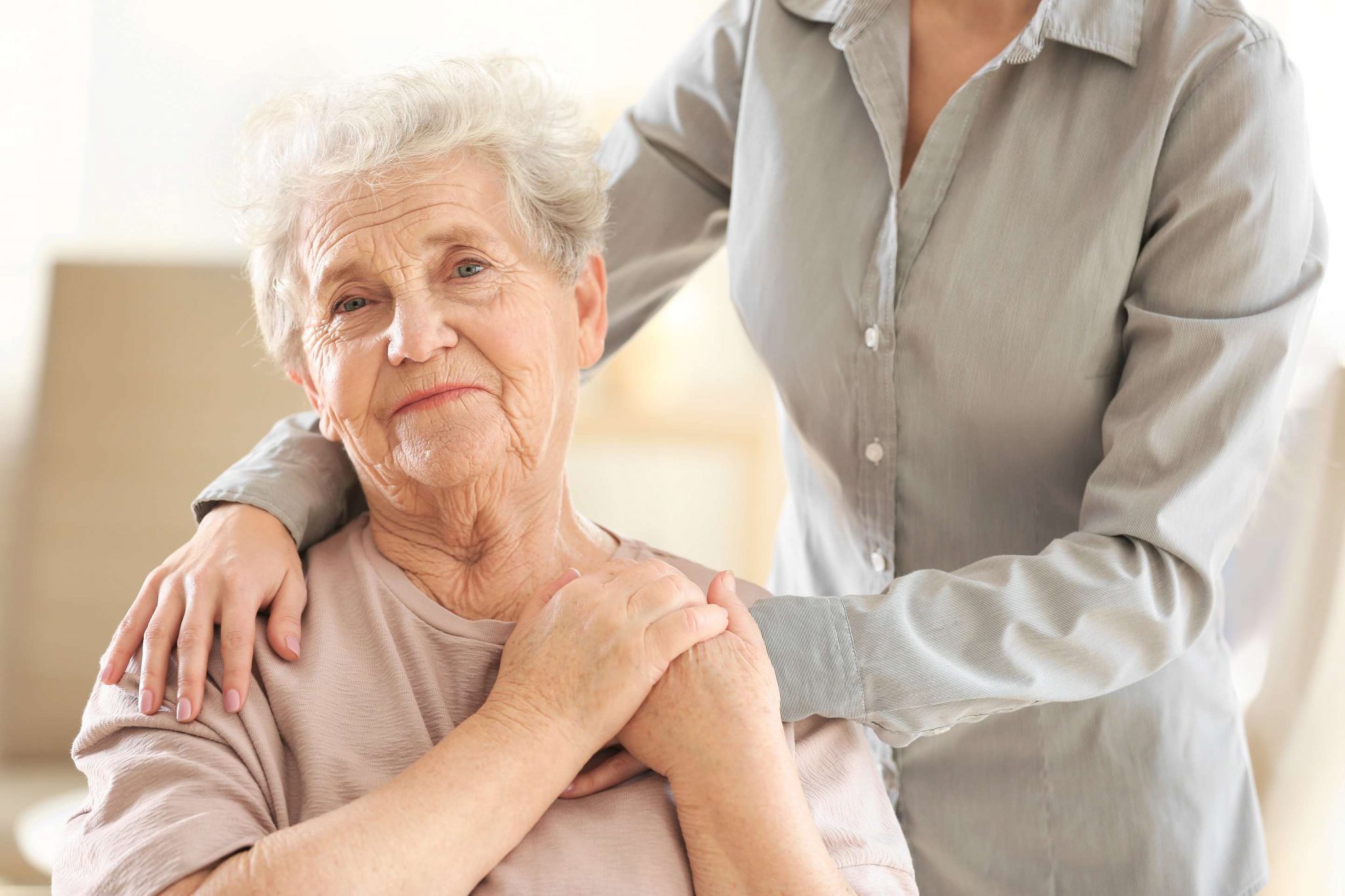Senior falls are more common than you think
Senior falls happen – and they’re a lot more common than you might realize. In reality, they’re the leading cause of injury among Canada’s older population. Between 20 to 30 per cent of seniors will have one or more falls each year, and those falls account for about 85 per cent of all senior hospitalizations. Hip fractures in particular are among the most devastating and debilitating injuries.
Unlike younger adults, the road to recovery for seniors after a fall can be lengthy and complicated. Some seniors may never be as strong as they once were or regain full use of the affected part. That said, here are five recovery tips that can help improve the odds of regaining strength, confidence and independence.
Five senior fall recovery tips
Seek out proper physical therapy
One of the best forms of treatment after a serious fall is physical therapy. You can seek out in-home, one-on-one therapy or out-patient therapy at your local rehabilitation centre. A physical therapist will typically work with you on a series of strengthening exercises. The idea is to sit, stand and walk on your own without support. Depending on the severity of your injury, physical therapy can take place over several weeks or months. And while your therapy sessions may be difficult and even painful, know that they get better over time as your body heals.
Get the right nutrition
Eating well and maintaining a proper, balanced diet is that much more important if your mobility is impacted by a fall. Calcium and Vitamin D can help boost your body’s ability to heal fractures, while fibre-rich foods ensure you avoid constipation.
Keep as active as possible and strengthen other muscles
Being immobile for long periods after a fall can make an already tough situation worse for your body. If you’ve injured one of your arms or legs in a fall, don’t let the other limb sit idle. In the event that you can’t stand or walk right away, look into low impact sitting exercises with your physical therapist (and on your own) that can help keep your muscles strong.
Keep a positive attitude and persevere
Losing your mobility after a fall is demoralizing – no two ways about it. An important part of your recovery will be to maintain a positive, healthy state of mind. Techniques like meditation can help lower stress levels and even strengthen your immune system. Also surround yourself with friends and loved ones who can keep a closer eye on you, help out with tasks around the house and provide some lighter moments when things are at their most frustrating. If you experience prolonged periods of depression, seek out professional help from your doctor.
Prepare for your post-fall life
Make modifications within your home to help prevent future falls. This can include installing a walk-in shower, support bars near the toilet or steps and slip-resistant flooring. Also look into medical alert systems that can summon help with the push of a button and offer built-in fall detection features.
Finding your form again after a fall isn’t easy, but with the combination of determination, physical therapy and the right treatment, you can give yourself a real chance at a better outcome.
